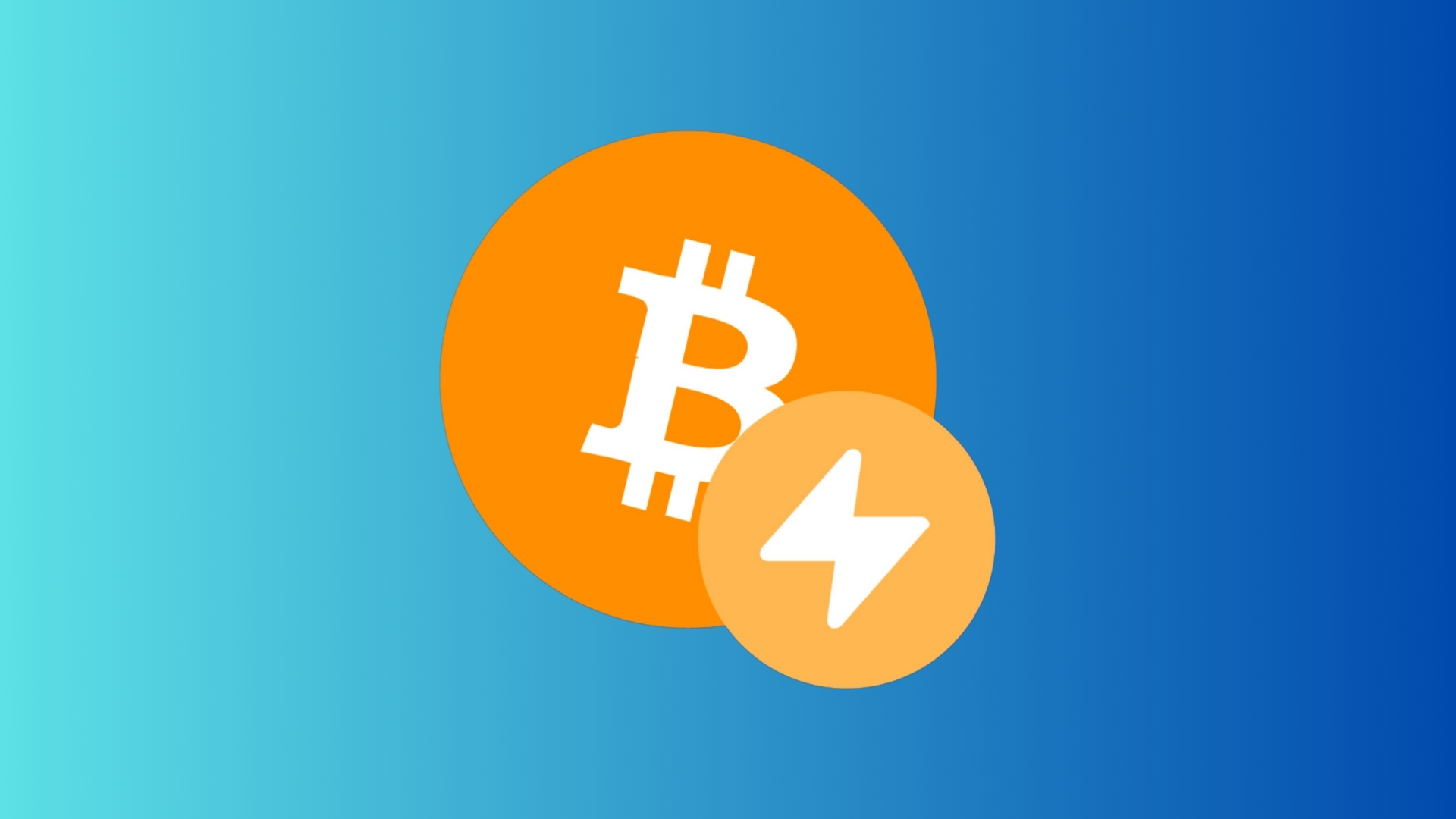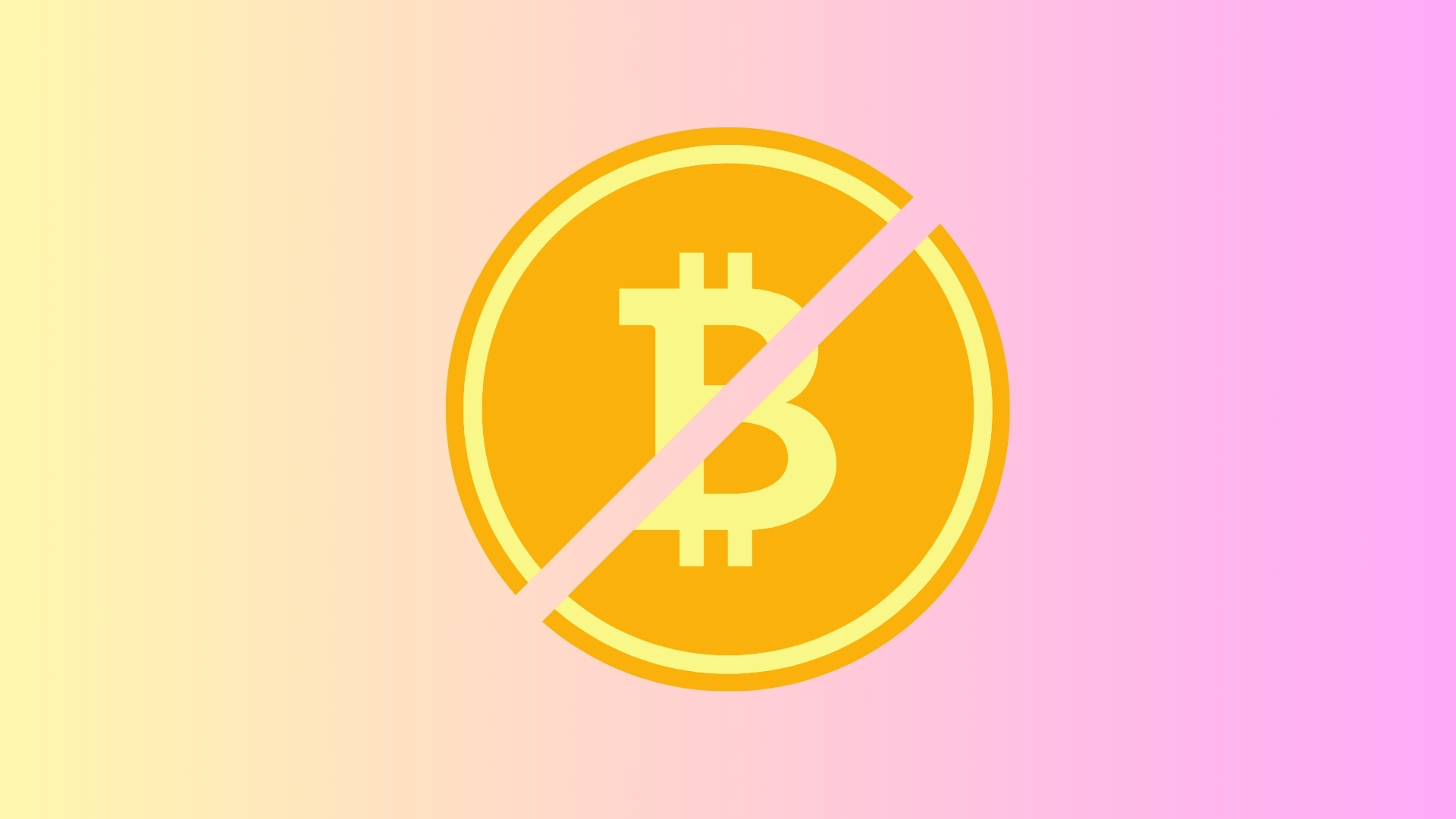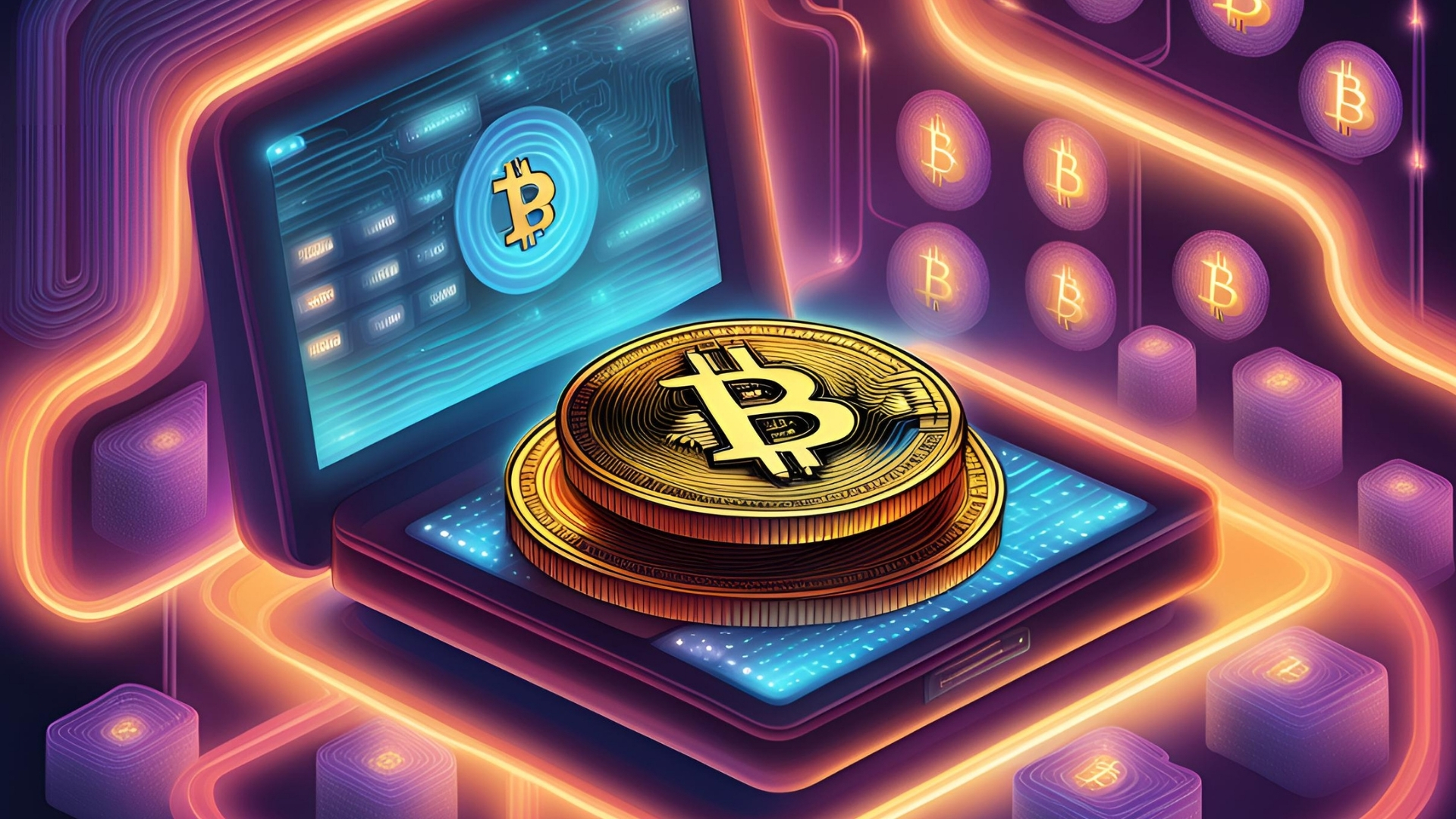Learn about Bitcoin
The pioneering cryptocurrency that revolutionized digital finance
Bitcoin Basics
Bitcoin in-depth
Bitcoin FAQs
Answers to some of the most common questions about Bitcoin
Is Bitcoin anonymous?
Many people think Bitcoin transactions are completely anonymous and untraceable. But in reality, they’re only partially anonymous, known as “pseudonymous.”
When you send Bitcoin, your public wallet address is visible to everyone on the network. Although it doesn’t directly reveal your identity, advanced blockchain analysis techniques can sometimes link these addresses back to individuals. Once your identity is tied to a specific blockchain address, all transactions associated with that address become publicly visible for anyone to track.
Is Bitcoin a scam?
Critics have often compared Bitcoin to pyramid or Ponzi schemes, which rely on new investments to pay existing participants. However, Bitcoin operates differently as a decentralized digital currency. Its value is driven by factors such as supply and demand, adoption, and market sentiment, similar to other assets like real estate and gold. Unlike fraudulent schemes, Bitcoin’s protocol functions independently of investor participation. While Bitcoin has been misused by scammers, it is not inherently a pyramid scheme.
Can Bitcoin be easily hacked, stolen or manipulated?
Bitcoin’s underlying technology, blockchain, makes it extremely secure against hacking due to its decentralized nature and cryptographic protection. However, individual Bitcoin holdings can be vulnerable to theft if private keys are compromised. Market manipulation remains a risk due to the relatively small size of the Bitcoin market compared to traditional assets.
Does Bitcoin have any intrinsic value?
Bitcoin’s value is primarily based on its utility as a decentralized digital currency and store of value, driven by factors like scarcity, adoption, and network security. However, it lacks intrinsic value in the traditional sense as it is not backed by physical assets or government guarantee.
Is Bitcoin too volatile to be considered a store of value?
Bitcoin’s volatility has historically been high, which raises concerns about its stability as a store of value. However, its increasing adoption and maturation in financial markets are gradually reducing this volatility, making it a more viable option as a store of value over time.
Is Bitcoin a bubble?
Whether Bitcoin is considered a bubble depends on perspective. Some view its price volatility and rapid value appreciation as indicative of a speculative bubble prone to bursting. Others argue its growing adoption, utility, and institutional interest suggest it’s evolving beyond a speculative bubble into a legitimate asset class.












